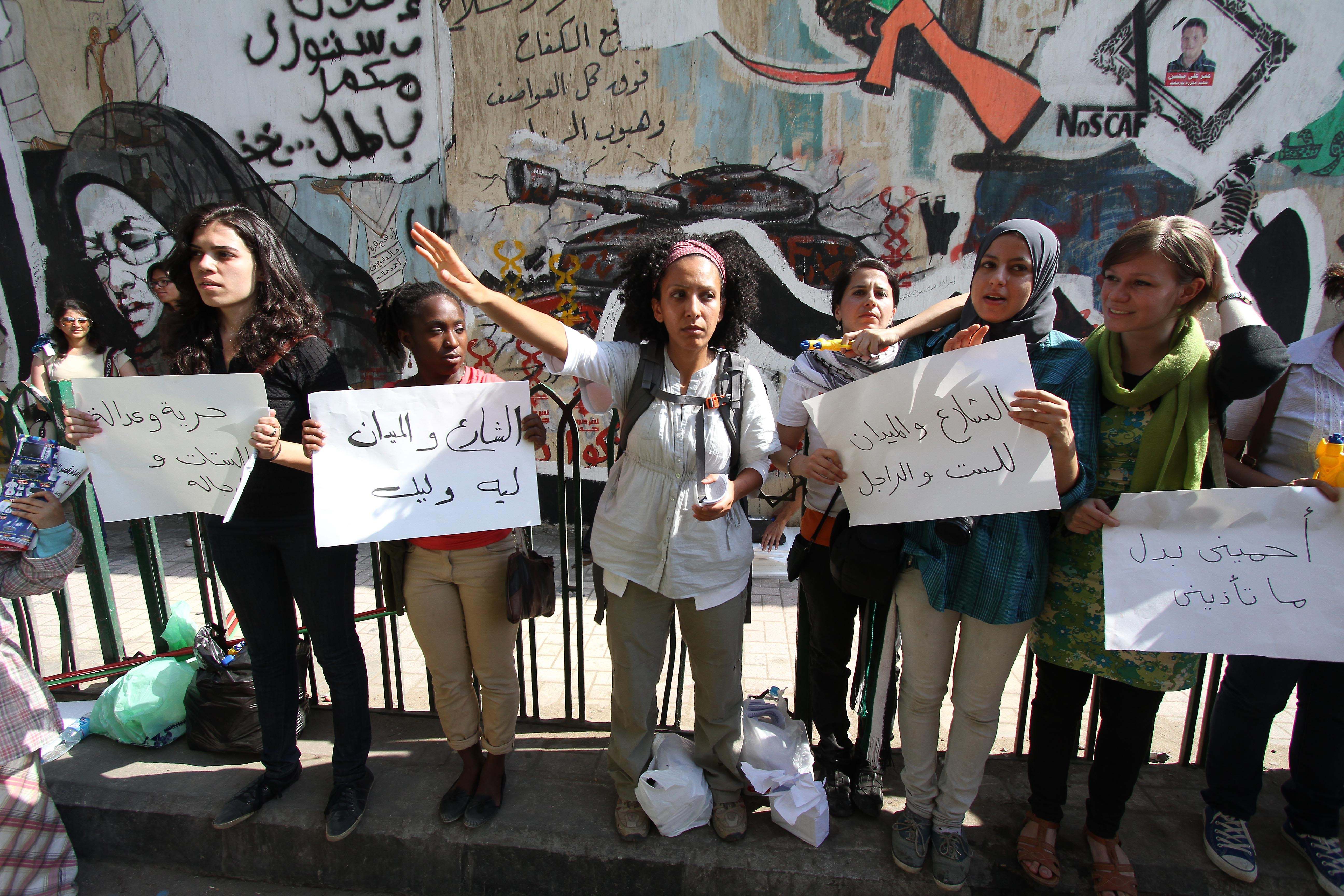CAIRO: Mufti Ali Gomaa denied Tuesday false claims made by the media following his fatwa concerning the illegal migrants who recently drowned off the Italian coast.
Gomaa’s fatwa – that these men were not martyrs – provoked a public outcry and objections by scholars who claimed it contradicts a hadith by Prophet Mohamed (PBUH) asserting that those who drown are martyrs.
During the press conference at Dar El Ifta, Gomaa denied media claims that he had described the victims as being “greedy, not martyrs, at a lecture he gave at Cairo University last week.
According to the official transcript of the lecture, which was made available to Daily News Egypt by Dar El Ifta, the Mufti emphasized that only Allah decides the fate of those who die in such circumstances. “We will not know what exactly happened until we have more information.
“The case is much deeper than this, he continued at the lecture. “It requires more in-depth investigation. What made those youths do this when each of them has paid LE 25,000 to travel? Is it poverty? Where did this money come from? Is it unemployment?
At the press conference, Gomaa told reporters that he was shocked when he read headlines claiming that he had accused the victims of being “not martyrs, but greedy.
“Who benefits from these unethical allegations? I demand an investigation . there is recorded proof [of what I said], Gomaa told reporters at the press conference.
He emphasized that his comments in the lecture do not constitute a fatwa, even though the media wrongly reported it as such.
“The media claimed that I issued a fatwa. They declined to mention the context. They were not precise enough to say that I was merely responding to a question by one of the students, said Gomaa.
When asked about a previous controversial fatwa where he claimed that the companions of Prophet Mohamed considered it a blessing to drink his urine, Gomaa denied issuing a fatwa about this topic, again stressing that the issue was raised seven years ago in an informal discussion.
“Dar El Ifta is an institution which documents everything. We do not issue haphazard fatwas. Everything is documented with the exact time, date and the precise wording of the question asked before a fatwa is issued, said Gomaa.
In an effort to promote moderate Islam in Asia, Dar El Ifta has launched the second phase of its official website, offering fatwas in Malawi, Russian, Turkish and Urdu, in addition to the original Arabic, English, French and German.
Dar El Ifta also announced future plans to inaugurate an e-learning center and to expand the call center’s capacity, which now receives about 1,000 calls per day through the short number 107 to answer questions by the public.


